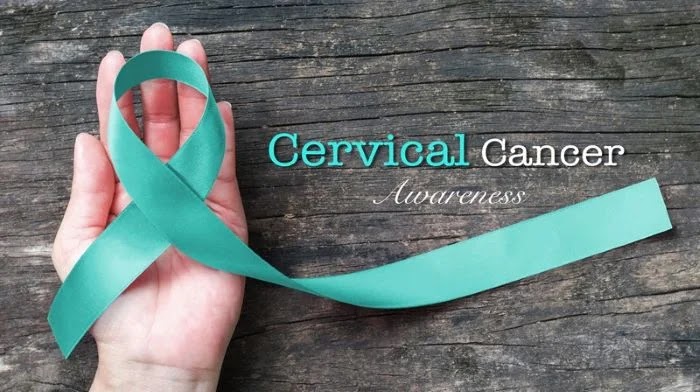Unveiling the Realities of Lung Cancer
Unveiling the Realities of Lung Cancer:
A Journey of Understanding and Hope
Lung cancer, a formidable adversary, silently takes center stage in the realm of health challenges. This article aims to provide a comprehensive understanding of lung cancer, exploring its causes, risk factors, symptoms, diagnosis, treatment options, and the impact it has on individuals and their loved ones.
 |
| (Stock Photo: Man is Smoking) |
Lung cancer is a complex and often devastating disease that starts in the lungs and can spread to other parts of the body. It is crucial to shed light on this topic, fostering awareness and promoting early detection.
Understanding the Basics
Causes and Risk Factors
While smoking is the leading cause of lung cancer, non-smokers can also develop this condition. Other risk factors include exposure to secondhand smoke, radon gas, asbestos, and certain genetic factors 1.
Types of Lung Cancer
There are two main types: non-small cell lung cancer (NSCLC) and small cell lung cancer (SCLC). NSCLC is more common, while SCLC is often more aggressive and spreads quickly 2.
 |
| (Stock Photo: Stages of Lung Cancer) |
Signs and Symptoms
Early stages of lung cancer may not present noticeable symptoms, making it challenging to detect. As the disease progresses, symptoms may include persistent cough, chest pain, shortness of breath, and unexplained weight loss 3.
Diagnosis and Screening
Early detection is crucial for successful treatment. Diagnostic methods include imaging tests, biopsies, and bronchoscopy. Screening for high-risk individuals, such as heavy smokers, can increase the chances of finding lung cancer at an earlier, more treatable stage 4.
Treatment Options
Surgery
Surgical removal of the tumor may be an option for early-stage lung cancer. This can involve removing a portion of the lung or the entire lung, depending on the extent of the disease 5.
Radiation and Chemotherapy
For more advanced cases, radiation therapy and chemotherapy may be recommended. These treatments aim to shrink tumors, eliminate cancer cells, and slow down the progression of the disease 6.
Living with Lung Cancer
Emotional and Physical Impact
A lung cancer diagnosis can have profound emotional and physical effects on individuals and their families. Coping strategies, support groups, and mental health resources play a vital role in managing the challenges of living with lung cancer 7.
Raising Awareness
Importance of Education
Education is key in the fight against lung cancer. Awareness campaigns, community outreach, and educational programs contribute to reducing the stigma associated with the disease and promoting early detection 8.
In conclusion, lung cancer is a formidable foe, but knowledge, awareness, and early detection are powerful weapons in the battle against it. By understanding the causes, recognizing the symptoms, and supporting ongoing research, we can collectively strive for a future where lung cancer is not only treatable but preventable.
 |
| (Stock Photo: Lung Cancer) |
Citations:
1: American Cancer Society. (2022). "What Causes Lung Cancer?"
2: American Cancer Society. (2022). "Types of Lung Cancer."
3: Mayo Clinic. (2022). "Lung Cancer."
4: American Cancer Society. (2022). "Can Lung Cancer Be Found Early?"
5: Cancer Research UK. (2022). "Surgery for Lung Cancer."
6: National Cancer Institute. (2022). "Chemotherapy to Treat Cancer."
7: Lung Cancer Foundation of America. (2022). "Living with Lung Cancer."
8: Lung Cancer Research Foundation. (2022). "Raising Awareness."



Comments
Post a Comment